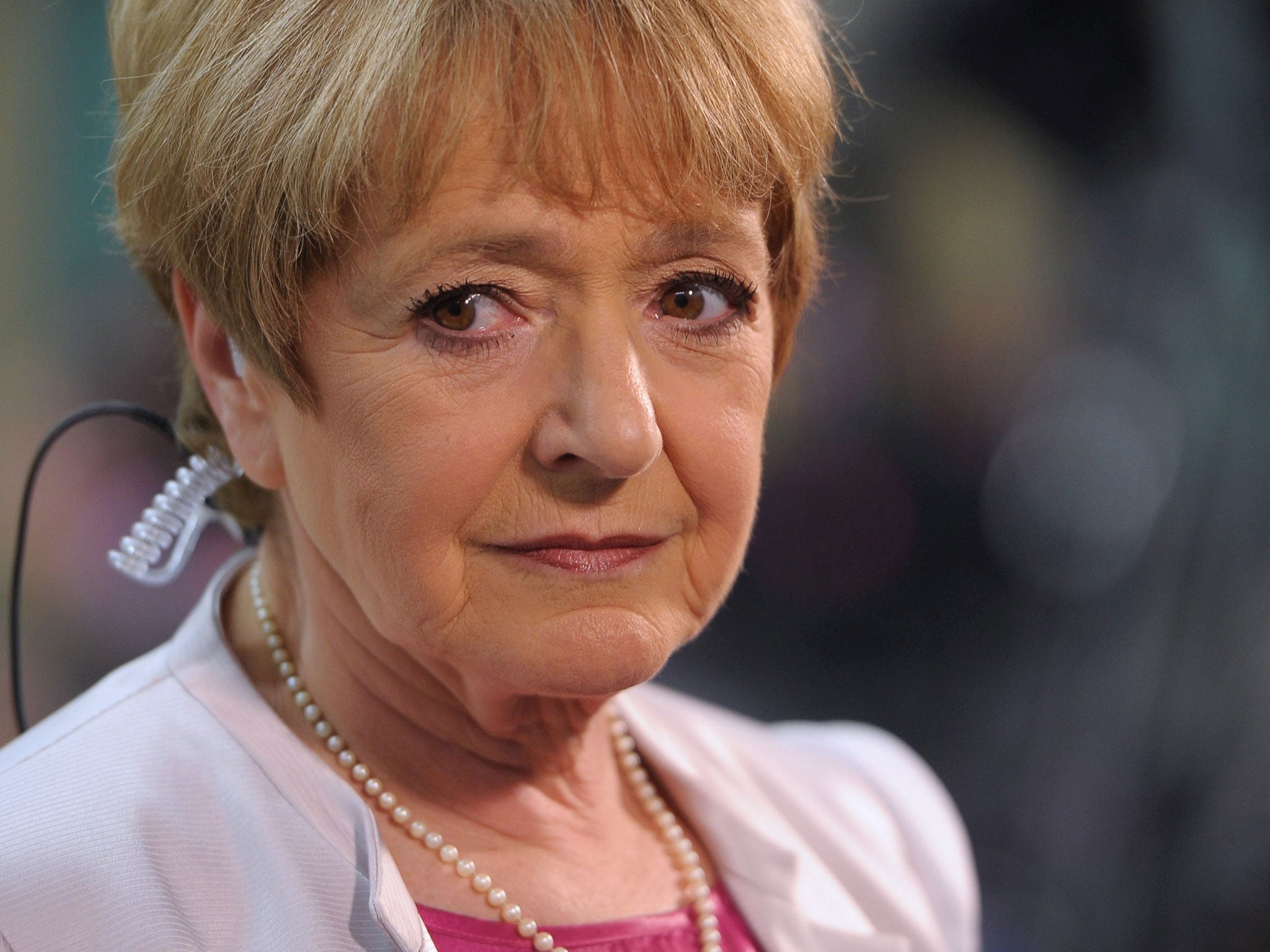Revealed: £4.7bn corporation tax lost through evasion and avoidance as Royal Mail is sold for £650m less than it is worth
New figures show £1 in every £10 of corporation tax is spirited away from the taxman as HRMC does not count controversial schemes run by companies such as Google, Amazon and Starbucks

The Government is losing more than £1 in every £10 it tries to collect from companies to tax evasion and avoidance, official figures have revealed. A report from HM Revenue and Customs shows that the “tax gap” for businesses operating in Britain is around 13 per cent of total liabilities and costs the public purse £4.7bn a year.
The real loss is likely to be significantly higher, as HMRC does not count controversial “profit shifting” schemes – run by companies such as Google, Amazon and Starbucks – as tax avoidance. One expert tonight estimated the true figure could be as much as £12bn a year. The figures were published as ministers were accused of handing private investors a £700m “taxpayer subsidy” in the form of Royal Mail. Shares in the newly privatised company, which started trading today, closed 38 per cent higher than the Government’s offer price of 330p, valuing the firm at £3.3bn.
Margaret Hodge, chairman of Parliament’s powerful Public Accounts Committee, said she would be recalling the head of HMRC to give evidence about its failure to collect the tax it was due, describing the situation as “ridiculous”. “I don’t think they are assertive or aggressive enough,” she said.
“I am really disappointed that, despite all the public concern expressed by hardworking people who do pay their taxes, there has not been greater success. What is so ridiculous is that these figures don’t even include the tax avoidance that companies that Google and Amazon are responsible for, because HMRC don’t even accept that it is money that they owe.
“Whilst I recognise that we have to take action internationally, it doesn’t excuse HMRC not defending the taxpayers’ interest or their failure to make a noticeable dent in the figures.”
The HMRC report reveals the total “tax gap” between what it expects to receive in revenue and what it actually collects now stands at £35bn. This is an increase of £1bn from the figure given in 2010/11, although the percentage tax gap was broadly stable at 7 per cent.
HMRC’s failure to increase the amount it collects will disappoint ministers, who have made tacking tax avoidance a key priority and invested £1bn to beef up the organisation’s investigation and compliance arms. The figures suggest £5.1bn was lost to the Exchequer as a result of illegal evasion, £4.7bn due to criminal activity, including fraud and smuggling, and £4bn through legal avoidance schemes.
Of the £4.7bn estimated to have been lost in Corporation Tax, around £1.4bn came from large companies. Experts said this figure was low because most are international and are legally able to move their tax liabilities offshore – which is not counted in the HMRC figures.
An example of this emerged yesterday with news that the controversial payday lender Wonga had become the latest firm to alter it tax structure to reduce its UK liabilities. Wonga has been lending to UK customers through its Swiss operation since last year – even though it does not offer loans to people in Switzerland.
Wonga’s main UK arm paid £38.5m last year in fees to its sister company in Switzerland to administer the scheme. Foreign firms can pay as little as 1 per cent tax on profits made in the country. Tax experts said the setup could be used to reduce the company’s tax bill in the future, but Wonga denied it had used an “artificial or aggressive scheme” to avoid tax. It said it “pays and will continue to pay full UK corporation tax on its UK profits”.
Richard Murphy, from Tax Research UK, said such practices, while legal, were potentially costing the revenue £12bn a year. “If the amount of money being lost to the Government from large firms avoiding tax was only £1.4bn from a total tax take of around £640bn, do you really think you would have international conferences trying to deal with this problem?” he asked.
“The truth is HMRC don’t even count this money in their tax gap and until they start doing those estimates they will not be providing an accurate picture of just what is at stake here.”
But David Gauke, the Exchequer Secretary, said HMRC would continue to “fiercely” challenge tax dodgers. “These figures show the tax gap is continuing to fall and the vast majority of businesses and individuals pay the taxes they owe,” he said.
“But where they don’t it is for HMRC to challenge non-compliance fiercely, protecting money that would otherwise be lost. Since 2010, the Government has invested nearly £1bn in additional compliance initiatives over the Spending Review period. HMRC is on track to secure a further £44bn in tax revenues over the next two years.”
Labour said the figures showed the Government was failing to tackle the problem. Shadow exchequer secretary Shabana Mahmood said: “At a time when millions are struggling with the rising cost of living and the deficit is high, it’s even more vital that everyone pays their fair share of tax. But these figures show the Government is failing to tackle tax avoidance and evasion with the value of the tax gap now up to £35bn.”
Join our commenting forum
Join thought-provoking conversations, follow other Independent readers and see their replies
Comments